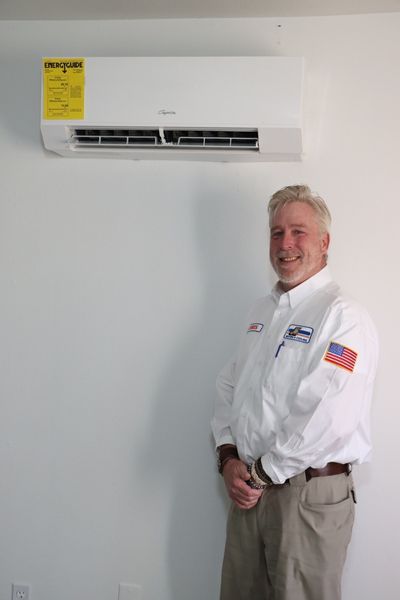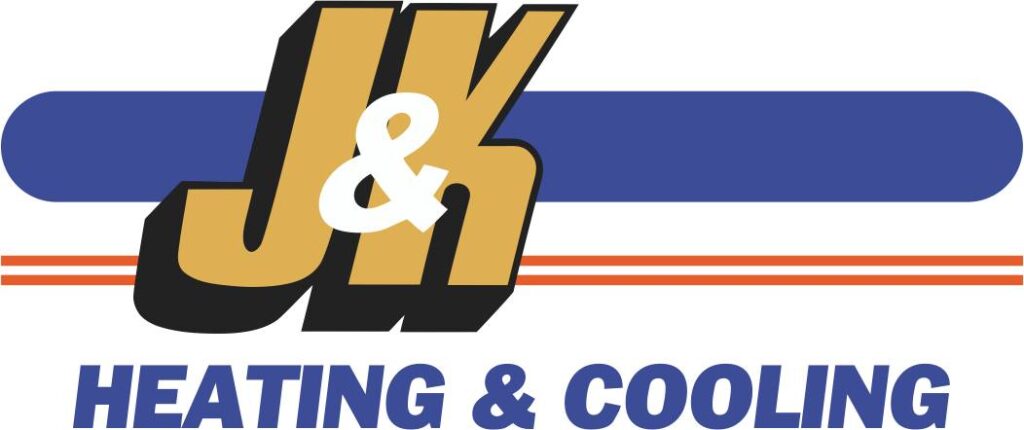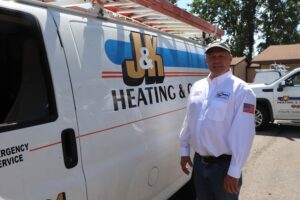As the summer heat kicks in, you may rely more and more on your air conditioner to keep your home cool and comfortable. However, like any other appliance, air conditioners have a limited lifespan and will eventually need to be replaced.
Knowing when to upgrade your air conditioner can save you money on energy bills, prevent costly repairs, and ensure that your home stays cool all summer. This article will discuss critical signs indicating you need a new air conditioner immediately.
- Your Air Conditioner is More Than 10 Years Old
- Your Energy Bills Are Increasing
- Your Air Conditioner Requires Frequent Repairs
- Uneven Cooling and Hot Spots in Your Home
- Your Air Conditioner is Noisy
- Poor Indoor Air Quality
- Frequent Cycling On and Off
- Your Air Conditioner Uses R-22 Refrigerant
- The Benefits of Upgrading Your Air Conditioner
Your Air Conditioner is More Than 10 Years Old
The average lifespan of a central air conditioning unit is around 10 to 15 years. Consider a replacement if your air conditioner has served you well for over a decade. While some units can last longer than the average lifespan with proper maintenance, older units are generally less efficient and may cost you more energy bills.

Your Energy Bills Are Increasing
If your energy bills are consistently increasing without any changes in your usage habits, it could be a sign that your air conditioner is no longer working efficiently. As air conditioners age, they lose their efficiency, leading to higher energy consumption and costs. Upgrading to a new, energy-efficient unit can help you save money on your energy bills in the long run.
Your Air Conditioner Requires Frequent Repairs
Air conditioners, like any mechanical system, will require occasional repairs. However, if you frequently call an HVAC technician to fix issues with your air conditioner, it might be more cost-effective to replace the unit entirely. Frequent repairs add up in terms of cost and can signify that your unit is reaching the end of its useful life.
Uneven Cooling and Hot Spots in Your Home
If you notice that some rooms in your home are consistently warmer than others, it could be a sign that your air conditioner is struggling to keep up with the cooling demands of your space. This uneven cooling can be caused by several factors, such as an improperly sized unit, poor ductwork, or a failing air conditioner. A professional HVAC technician can help you determine the cause of the issue and recommend whether a new air conditioner is needed.
Your Air Conditioner is Noisy
While it’s normal for air conditioners to make some noise while operating, loud or unusual noises can indicate a problem. If you hear banging, rattling, or grinding sounds from your air conditioner, it could mean loose or damaged components within the unit. In some cases, these issues can be repaired, but if the noises persist or worsen, it might be time to consider a new air conditioner.

Poor Indoor Air Quality
A properly functioning air conditioner should cool your home and help maintain good indoor air quality by filtering out dust, allergens, and other particles. If you notice an increase in dust or a musty smell in your home, it could be a sign that your air conditioner is no longer effectively filtering the air. For individuals with allergies or asthma, poor air filtration can exacerbate these conditions. Replacing your air conditioner with a new unit featuring advanced filtration systems can help improve your home’s air quality and overall comfort.
Frequent Cycling On and Off
Air conditioners usually cycle on and off throughout the day to maintain the desired temperature in your home. However, if you notice that your unit is cycling on and off more frequently than usual, it could be a sign that your air conditioner is struggling to keep up with the cooling demands of your space. This frequent cycling can increase your unit’s wear and tear and higher energy bills. A professional HVAC technician can help you determine whether a new air conditioner is needed to address this issue.
Your Air Conditioner Uses R-22 Refrigerant
Older air conditioners may use R-22 refrigerant, which is being phased out due to its harmful environmental effects. If your air conditioner uses R-22, consider upgrading to a new unit with a more environmentally friendly refrigerant, such as R-410A. Not only will this help reduce your carbon footprint, but it can also save you money in the long run, as the cost of R-22 refrigerant continues to rise due to its limited availability.
The Benefits of Upgrading Your Air Conditioner
If you’re experiencing any of the abovementioned issues, consider investing in a new air conditioner. Upgrading your air conditioning system can provide numerous benefits, including:
- Improved energy efficiency, leading to lower energy bills
- Enhanced indoor comfort with more consistent cooling and better air quality
- Reduced need for repairs and maintenance, saving you time and money
- Increased home value, as newer air conditioning systems, are often more appealing to potential buyers
By staying proactive and recognizing the signs that you need a new air conditioner, you can ensure your home stays cool and comfortable throughout the summer. Don’t wait until your old unit fails – consult with a professional HVAC technician to determine the best course of action for your home’s cooling needs.





